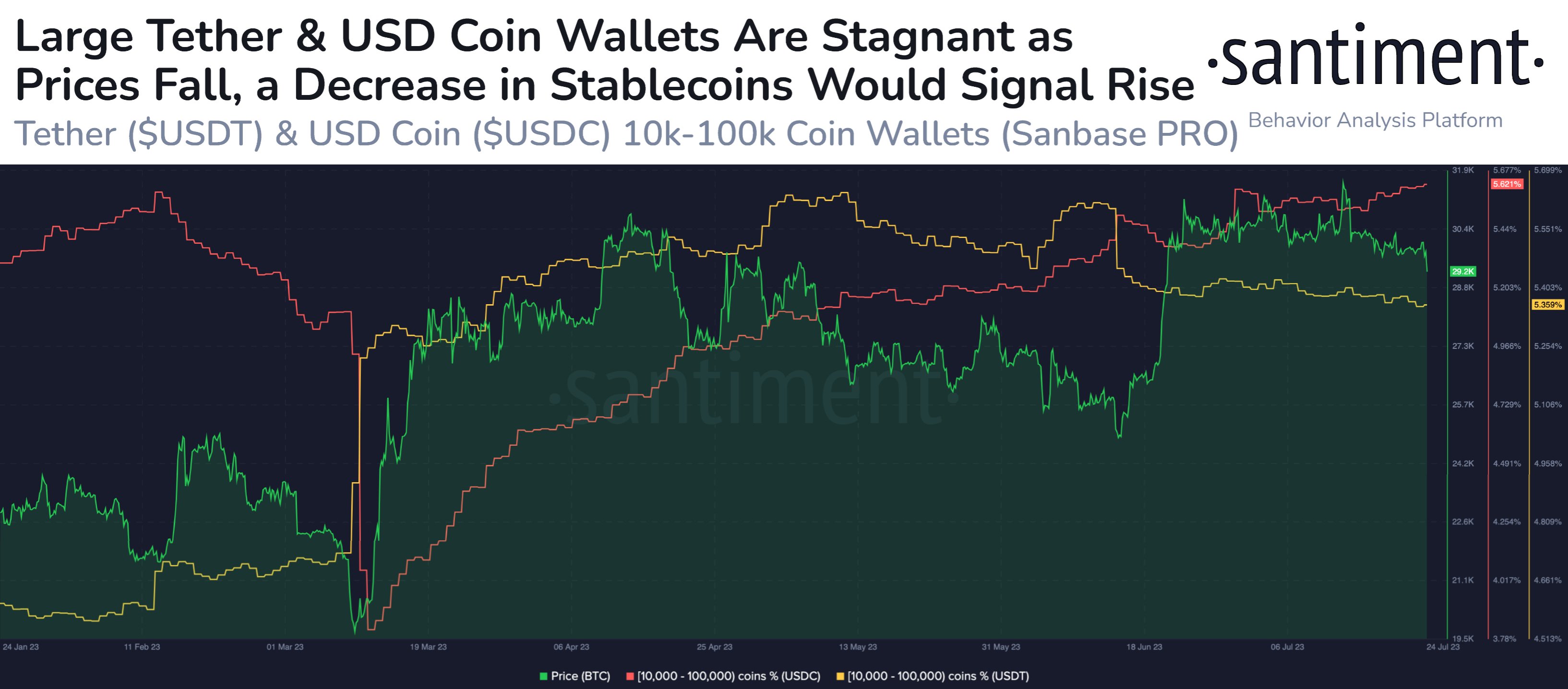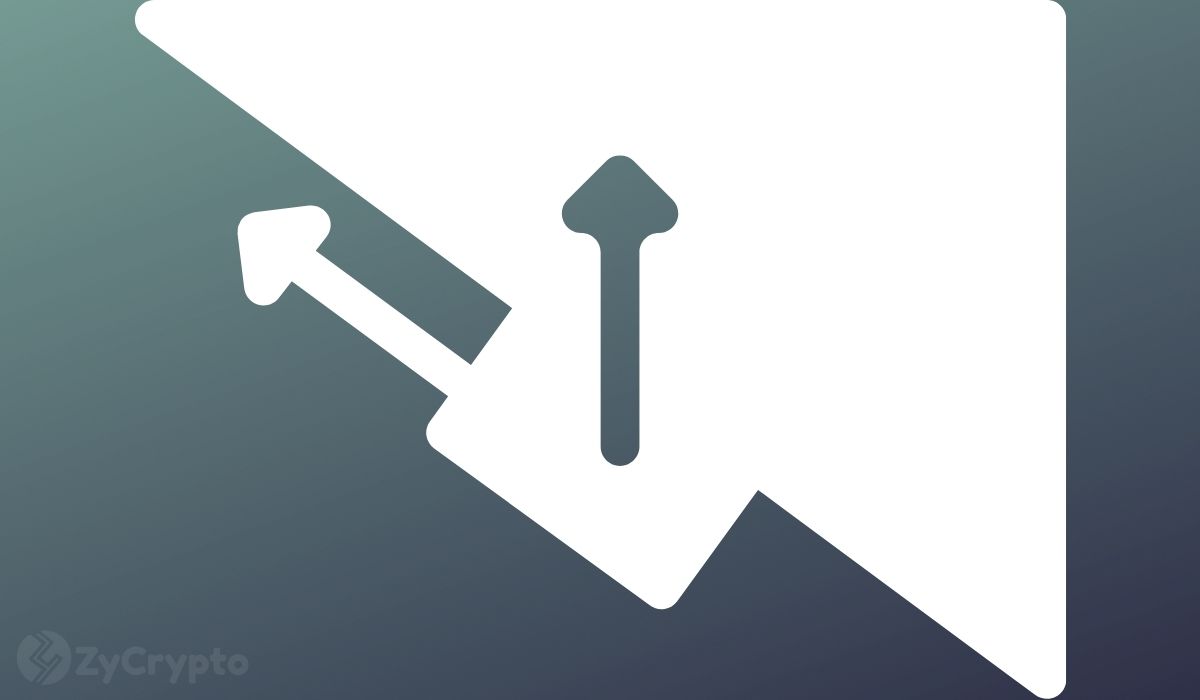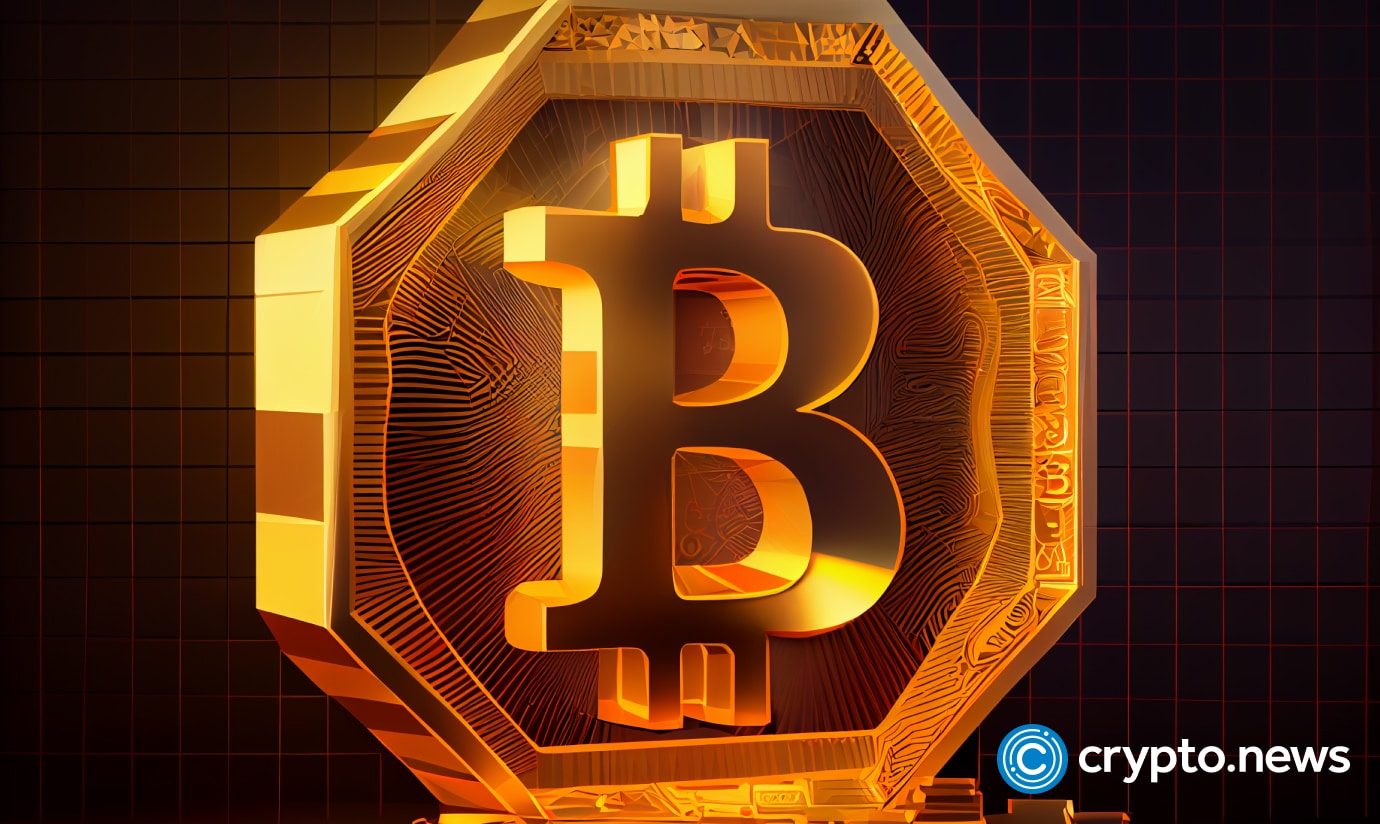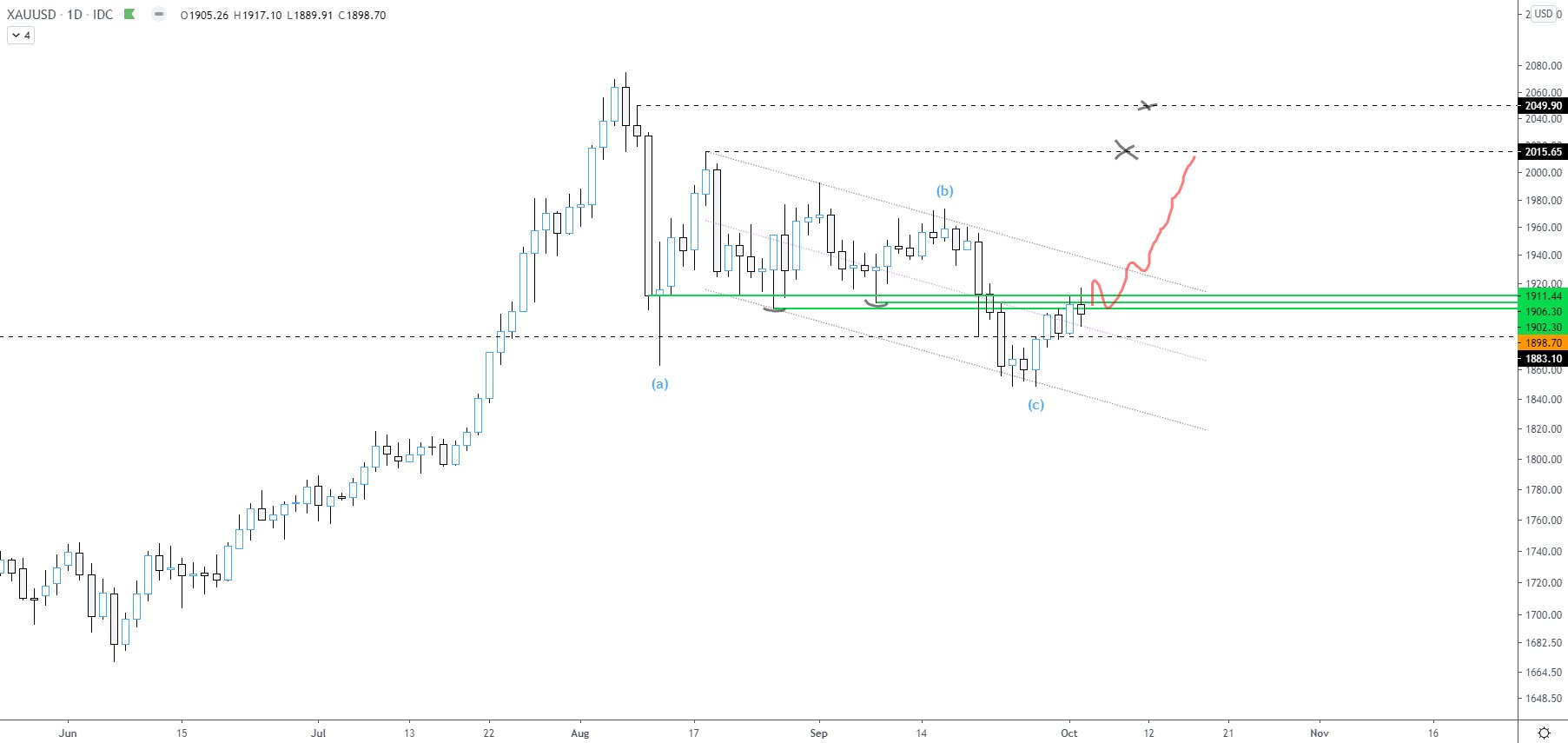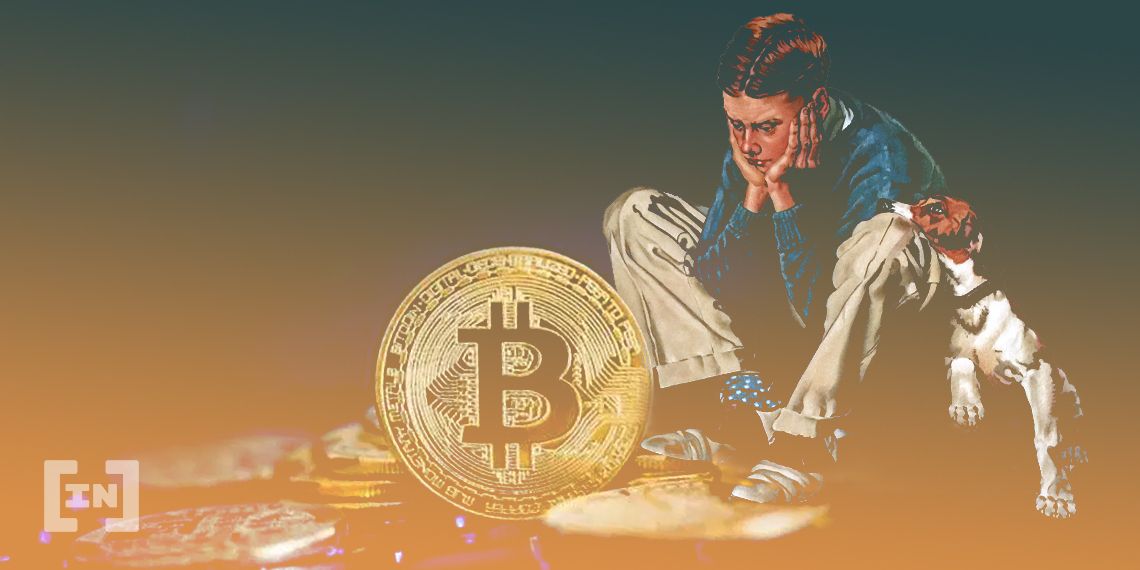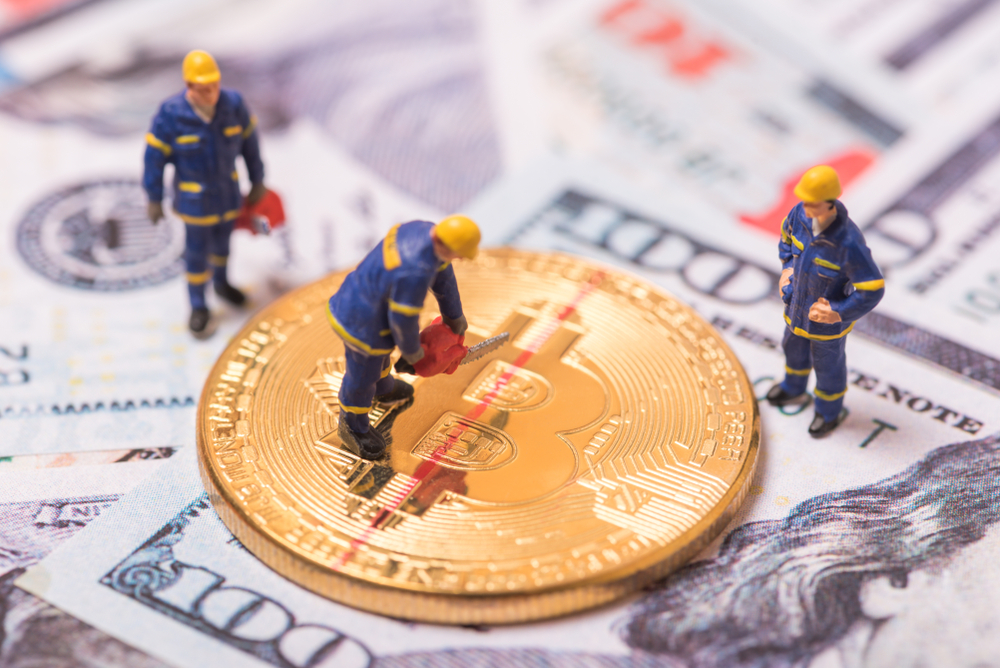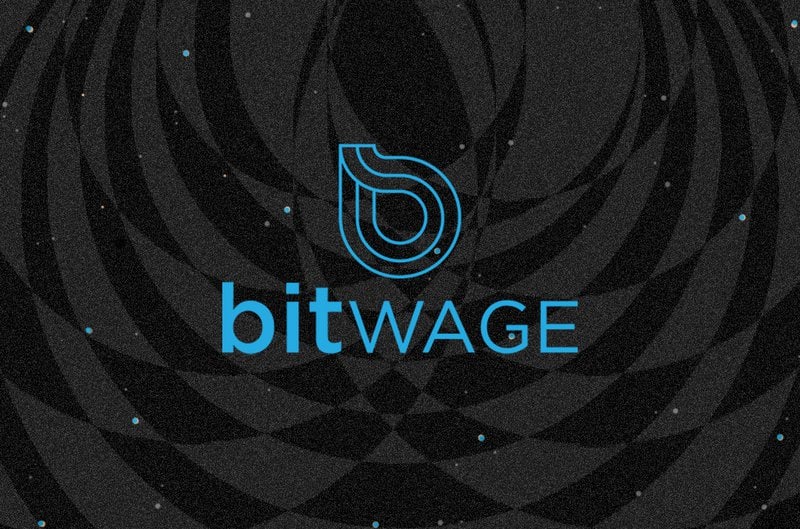2020-2-10 23:00 |
The Bitcoin price has increased from $6,400 to $10,150 in less than two months. Ahead of the block reward halving in May, BTC is likely to see a continuous upward trend.
The Bitcoin halving in May reduces the total reward miners get for mining blocks containing transactions on the network. The blocks of transactions that are mined and confirmed by miners then form a chain of blocks, creating a blockchain.
Miners use various resources including electricity, rent, and newly designed mining equipment to secure the Bitcoin blockchain network.
Breakeven price of Bitcoin mining is above $12k after halvingIf the breakeven price of BTC falls under the Bitcoin price, it becomes unprofitable for miners to resume their operations.
While small miners can opt-out of their operations if mining becomes less profitable, major miners with large mining centers do not have the option to do so.
Most miners have long-term contracts with electricity providers and spend a significant amount of money on buying Bitcoin mining equipment. As such, simply shutting down or pausing operations when the Bitcoin price falls is not an option.
For that reason, Bitcoin miners have all the incentives to fuel the increase in the bitcoin price and prevent it from falling below the break-even point of mining.
According to Blocktown Capital managing partner James Todaro, the BTC price has to be in the $12,000 to $15,000 range for miners to be profitable.
He said:
“For mining to remain profitable at projected hash rates for Q2 2020, the price of bitcoin must be $12k-$15k post-halving. Bitcoin hash rate has never dropped for longer than a few months before going on to reach new highs.”
The breakeven price of mining doubles after the halving because it immediately drops the number of Bitcoin miners earn by half.
Bitcoin hash rate (source: James Todaro Twitter) How can miners prevent BTC from falling below the breakeven point?Throughout the past two years, during intense downtrends, there were reports that small miners capitulated and sold tens of millions of dollars worth of bitcoin on spot markets.
While most major miners tend to trade in the over-the-counter (OTC) market, OTC data eventually synchronizes with spot prices and poses a relatively large effect on the global market.
One way miners can prevent BTC from pulling back significantly after the halving is to simply refrain from selling large amounts of BTC.
When that happens, the core source of supply of BTC in the market drops substantially and if the demand remains the same or increases, the price will follow.
Historically, the bitcoin price entered into an extended and parabolic rally six months after the block reward halving occurred. Considering that previous halvings were activated in 2012 and 2016, and the landscape is much different today, there is a possibility that the halving has an immediate effect on the bitcoin price.
The post Analyst: Bitcoin may reach $13k before halving for this key reason appeared first on CryptoSlate.
origin »Theresa May Coin (MAY) на Currencies.ru
|
|
